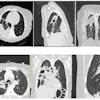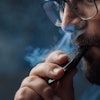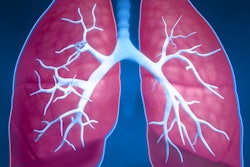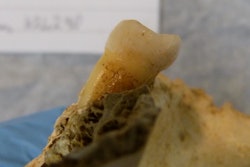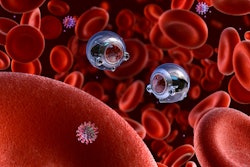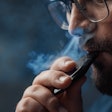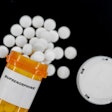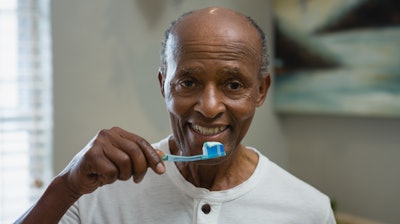
Daily toothbrushing may be an inexpensive, effective way to decrease the rates of hospital-acquired pneumonia (HAP) among patients, according to a study recently published in JAMA Internal Medicine.
Additionally, toothbrushing was linked with reduced rates of intensive care unit (ICU) mortality, shorter duration of mechanical ventilation, and shorter stays in the ICU, according to the study.
“Daily toothbrushing may be associated with significantly lower rates of HAP, particularly in patients receiving mechanical ventilation, lower rates of ICU mortality, shorter duration of mechanical ventilation, and shorter ICU length of stay,” wrote the authors, led by Dr. Michael Klompas, MPH, of Brigham and Women's Hospital (JAMA Intern Med, December 18, 2023).
Though HAP is the most prevalent and deadly healthcare-associated infection, there remains little comprehensive data regarding effective prevention methods.
To further understand this association, a systematic review and meta-analysis of 15 randomized clinical trials with a population of 2,786 patients was conducted. Subgroups included patients who received invasive mechanical ventilation versus those who did not, toothbrushing twice daily versus more frequently, toothbrushing provided by dental professionals versus general nursing staff, electric versus manual toothbrushing, the authors wrote.
Toothbrushing was linked with a significantly lower risk for HAP (risk ratio [RR], 0.67; 95% confidence interval [CI], 0.56 to 0.81]) and ICU mortality (RR, 0.81; 95% CI, 0.69 to 0.95).
Additionally, daily toothbrushing for patients in the ICU was correlated with fewer days of mechanical ventilation (mean difference, −1.24; 95% CI, -2.42 to -0.06 days) and shorter stays in the ICU (mean difference, −1.78; 95% CI, -2.85 to -0.70 days), they wrote.
However, the study had limitations. Additional studies are necessary to examine the effects of toothbrushing among non-ICU patients, the authors wrote.
"It's rare in the world of hospital preventative medicine to find something like this that is both effective and cheap. Instead of a new device or drug, our study indicates that something as simple as brushing teeth can make a big difference,” Klompas said in a Brigham and Women's Hospital press release.

